The International Conference on Artificial Intelligence and Semiconductors (AISC) 2025 recently held in Hanoi is an important international event on AI and semiconductors, providing opportunities to access the latest technology information, connecting experts and scientists around the world, and affirming Vietnam's role in actively participating in the global community of semiconductor and artificial intelligence industry experts.
Artificial Intelligence (AI) is becoming one of the core technologies shaping the modern world. With the ability to process huge data, automate and make smart decisions, AI not only changes the way people work but also creates new trends in economics, healthcare, education and many other fields. Here are the experiences of developing the AI industry of some of the leading countries in this field in the world.
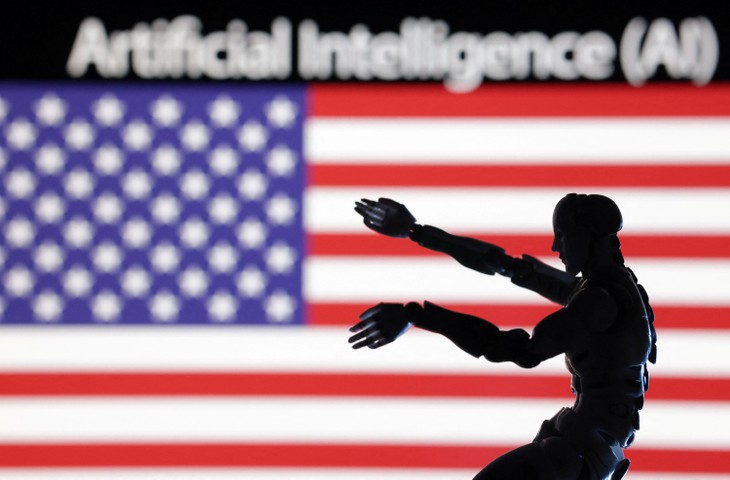 |
The US is the world leader in AI. Photo: Reuters. |
America
The United States is a world leader in AI thanks to a combination of supportive government policies, a thriving technology ecosystem, and high-quality human resources. The country has well-planned national AI policies and strategies. In 2019, the US government issued the "American AI Initiative", focusing on:
- Prioritize investment in AI research: The government funds billions of dollars in AI research and development through organizations like DARPA, NSF, and national laboratories.
- Building AI human resources: Training AI experts through STEM programs and enhancing cooperation between universities and businesses.
- Establish AI ethics and policies: Issue guidelines for responsible AI development, protecting privacy, and avoiding discrimination.
- International cooperation on AI: The US cooperates with allies such as the EU, UK, and Japan in AI research to maintain a competitive advantage over China.
AI research and development in the US has been on a tear in recent years. The US government has invested billions of dollars in AI research through organizations like DARPA (Defense Advanced Research Projects Agency) and NSF (National Science Foundation). Big tech companies like Google, Microsoft, Amazon, Apple, and Tesla also pour hundreds of billions of dollars into AI development each year.
Today, the US owns the world's leading AI research centers such as OpenAI (the company that developed ChatGPT and many advanced AI models); DeepMind (a Google subsidiary, a pioneer in AI Deep Learning and research on artificial general intelligence (AGI); MIT, Stanford, Berkeley, Carnegie Mellon - the leading universities in AI research.
In terms of law, the US does not apply a single legal framework for AI, but instead lets agencies such as the Department of Defense, the Department of Justice, and the Data Privacy Protection Agency regulate AI on a sector-by-sector basis. The US government encourages businesses to develop their own AI ethics rules instead of imposing too many binding regulations.
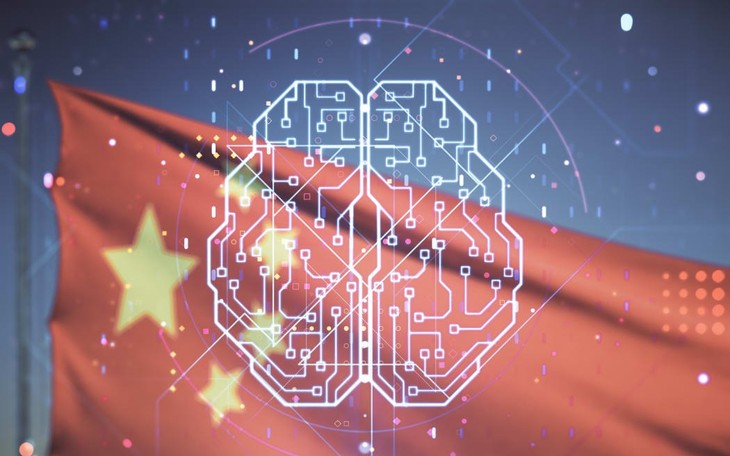 |
China is one of the fastest growing AI countries in the world. Photo: RNZ. |
China
China is one of the fastest growing AI countries in the world, with ambitions to become the number one AI power by 2030. China's success in AI comes from strong government support, huge data resources, a developed technology ecosystem, and active participation from businesses.
Specifically, the Chinese government has developed a long-term strategy to make AI a driving force for economic and social development. In 2017, the National AI Strategy was proposed with the goal of making China a leading country in AI by 2030. Recently, the "Made in China 2025" strategy was announced, affirming that AI is one of the core technologies to make China a technological powerhouse. The Chinese AI industry receives strong investment capital from the Chinese government and large corporations such as Baidu, Alibaba, Tencent, Huawei, with tens of billions of USD each year.
The AI research and development ecosystem has expanded rapidly in China in the past few years. China's leading AI research and expert training centers include the Beijing AI Institute (BAAI), the Chinese Academy of Sciences (CAS), and universities such as Tsinghua University, Peking University, and Fudan University.
Despite its strict data control policies, the Chinese government has created conditions for AI to develop extensively. AI ethics regulations have been established to ensure information security and manage AI-generated content.
Japan
Japan is one of the pioneers in AI development, especially in robotics, automation and smart society. The country has a clear strategy to integrate AI into the economy and social life, while addressing challenges such as an aging population and labor shortage.
Japan has identified AI as a key technology in its “Society 5.0” plan, a smart society model that integrates technology into all areas to improve the quality of life. Key strategies include:
- National AI Strategy 2019: Focus on AI research, human resource training and AI application in industry.
- "Moonshot R&D" program: Aiming to develop AI and robots capable of cooperating with humans by 2050.
- Public-private partnership: The Japanese government encourages businesses and research institutes to jointly develop AI and put it into practice.
The Japanese government has invested billions of dollars in AI research, especially in the fields of robotics and automation. Large Japanese technology corporations such as Toyota, Sony, and SoftBank have also invested heavily in AI to enhance their global competitiveness.
With a complete AI research ecosystem, Japan owns many leading AI training and research centers, such as AIST (Advanced Industrial Science and Technology Institute); RIKEN (Research Institute of Natural Sciences) and universities such as Tokyo University, Kyoto University, Osaka University.
Promoting ethical AI, ensuring data privacy and avoiding AI abuse, the Japanese Government has issued the AI Principles to guide responsible AI development.
Source: https://khoahocdoisong.vn/chien-luoc-phat-trien-nganh-tri-tue-nhan-tao-cua-cac-nuoc-post266462.html







![[Photo] Vietnam and Sri Lanka sign cooperation agreements in many important fields](https://vphoto.vietnam.vn/thumb/1200x675/vietnam/resource/IMAGE/2025/5/5/9d5c9d2cb45e413c91a4b4067947b8c8)

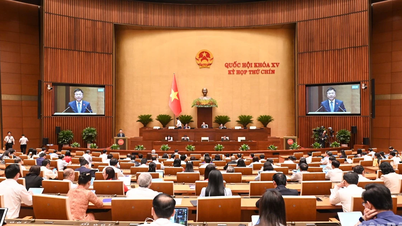














![[Photo] President Luong Cuong and Sri Lankan President Anura Kumara Dissanayaka visit President Ho Chi Minh relic site](https://vphoto.vietnam.vn/thumb/1200x675/vietnam/resource/IMAGE/2025/5/5/0ff75a6ffec545cf8f9538e2c1f7f87a)









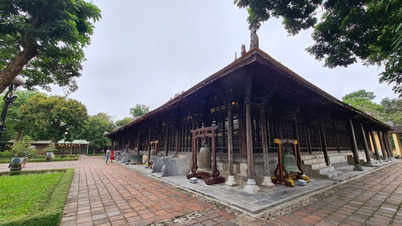






















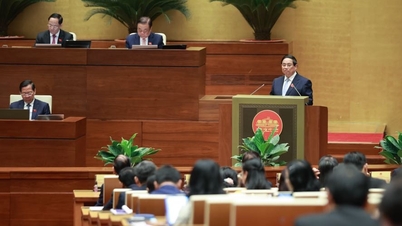


![[Photo] President Luong Cuong presided over the welcoming ceremony and held talks with Sri Lankan President Anura Kumara Dissanayaka](https://vphoto.vietnam.vn/thumb/402x226/vietnam/resource/IMAGE/2025/5/5/351b51d72a67458dbd73485caefb7dfb)


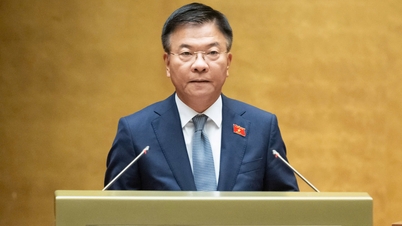








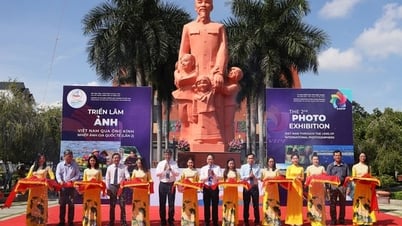






















Comment (0)